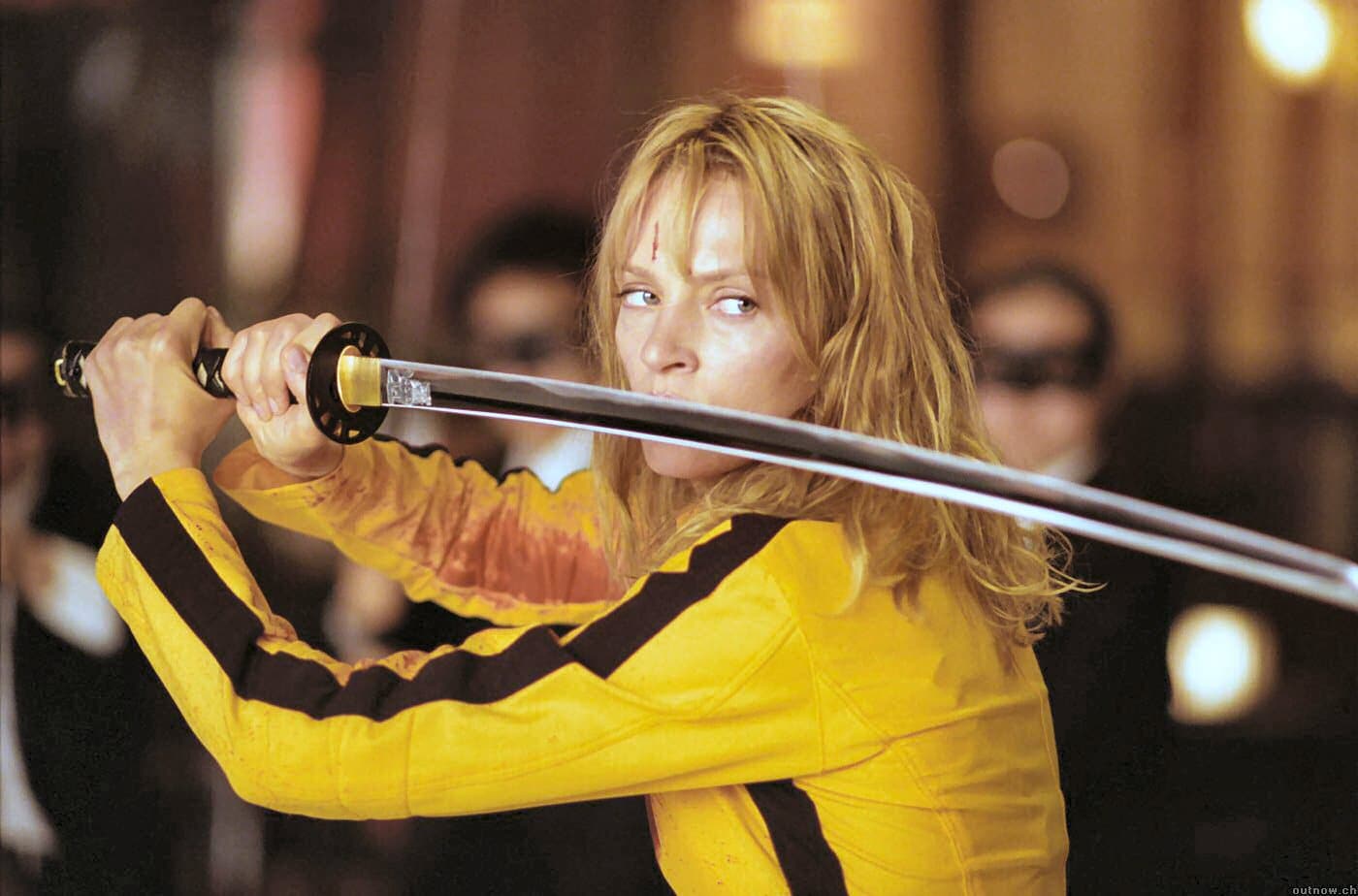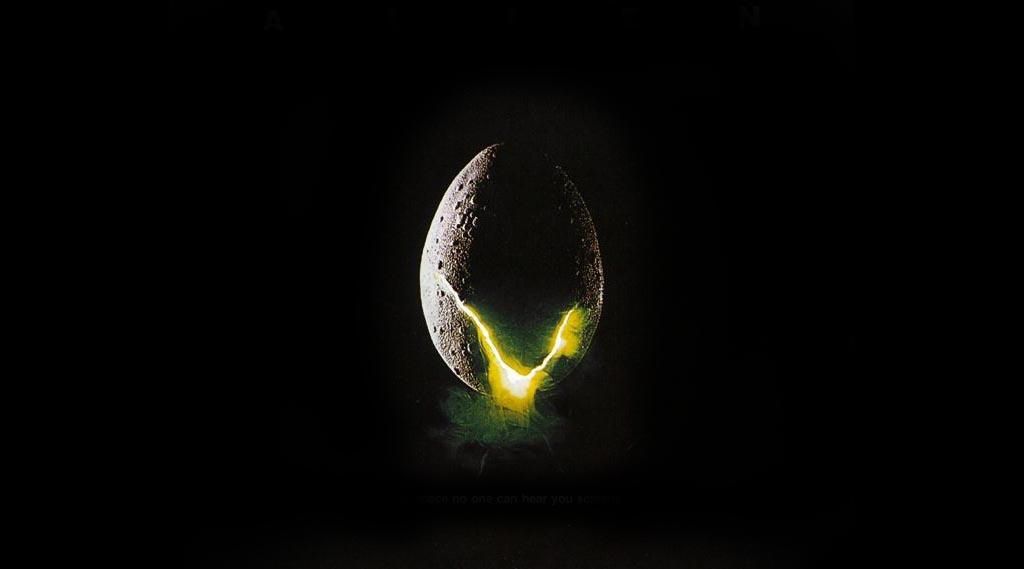Spidey reboot.
Finally, it has now been released. Ever since the film's very first promotional picture showing Andrew Garfield, ragged as hell, in a new Spidey costume has found its way in the loving hands of the internet, many have been befuddled. Why reboot the "Spider-Man" franchise if there's really no need to? Granted, the third film has swallowed more than it can chew, but the franchise, in its majority, is still a collective of truly entertaining superhero films that has also amassed great box-office returns.
Now enter "The Amazing Spider-Man", a film that has been an object of divisiveness well at least before the trailers were released. And now that it has unveiled itself to a very critical audience consisting of skeptical fans of the previous "Spider-Man" franchise and purist fans of the comic books alike, I think it's fair to say that, at last, the speculations, arguments and general polarization is now over. Skeptics can now merely fade into the darkness and some may now declare themselves as instant believers. This reboot, for the lack of a better descriptive word, is indeed amazing.
Director Marc Webb, who became an instant indie darling after making "500 Days of Summer", has molded Peter Parker and the other characters away from the clutches of cinematic stereotypes, and has also finely weighed even both the romance and the action. Now, I have nothing against Sam Raimi's first "Spider-Man" film, but I believe it has executed its characters in a way that's very limited and shallow.
Raimi's characters, including Parker himself, merely exist within the parameters that their character arcs have restricted them to be. For example, there's Mary Jane the girl next door, J. Jonah Jameson the bullish newspaper boss and Peter himself as the geeky hopeless romantic; all stereotypes. Their function is to work well within those character boundaries and nothing more, and what resulted is a film that's well-executed enough but with characters that aren't really that flexible in terms of development.
This reboot, on the other hand, has handled Peter Parker in a way that's very atypical yet at the same time very relatable. There's Andrew Garfield to thank for that. In playing Peter Parker, he has combined your typical comic book charm with a sort of "Generation Y" appeal that's as convenient to identify with as the next fellow. Here is a crime-fighting superhero that can regularly knock out petty criminals and thugs alike but won't bother to accept grocery errands from his aunt. Here's also a costume-wearing altruist who has the tendency of playing cell phone games while on superhero rounds. Not since "Kick-Ass" can we identify ourselves with a superhero more.
Even the Uncle Ben and Aunt May characters, this time played by Martin Sheen and Sally Fields, are now more emotionally realistic.
While Emma Stone, playing the crucial part of Gwen Stacy, was successful in channeling her effortless charm in the screen while also being very convincing in conjuring a great chemistry with Garfield. Although this relationship between Peter Parker and Gwen Stacy was proven to be very effective on film, we've yet to see the rest of it so I have to give the chemistry between Tobey Maguire and Kirsten Dunst the softer spot in my heart. And let's just pretend that the interaction between Maguire's Peter Parker and Bryce Dallas Howard's Gwen Stacy in "Spider-Man 3" has never happened.
And then there's the antagonistic role played by Rhys Ifans. Always the superhero with the most sympathetic of villains, movie-wise, Spider-man is now pitted against genetics expert Dr. Curt Connors/The Lizard (Rhys Ifans). Enslaved by his own inclinations to create genetically-modified human reptiles without weakness and also to simply grow back his amputated arm, Connors is our usual villain preyed upon by his own decisional miscalculations. But aside from sympathy, Ifans, with his melancholic performance, was also able to provoke empathy from us viewers. What if we were the ones who are missing an arm? How far will this disability push us psychologically? And, more importantly, what if there's a remedy, however extreme, that's presented right in front of our very eyes?
Though some may find Connors' transformation from a mild-mannered scientist to a monstrously cold-blooded (literally) super villain to be too much like Norman Osborn's Green Goblin transformation in Raimi's "Spider-Man", the dimensions of Connors' character is what makes him different. Unlike Osborn, Connors is a sane man driven to the edge by his own physical situation. He is very much aware of his own distortions. He knows deep inside that he is on the wrong side.
"The Amazing Spider-Man", despite of initial skepticisms, came out to be a great origin story that has been made even more excellent by the performances, the standard yet affecting screenplay and the special effects that has elevated this film from meagerly amazing to something that's genuinely spectacular. We also get to see the strongest incarnation of our beloved web-slinging superhero yet.
Sure, Sam Raimi's "Spider-Man" trilogy is something that can be cherished for as long as there are fans of both comic books and superhero films, but I believe that "The Amazing Spider-Man" is the true Spider-Man film we all deserve.



.jpg)










